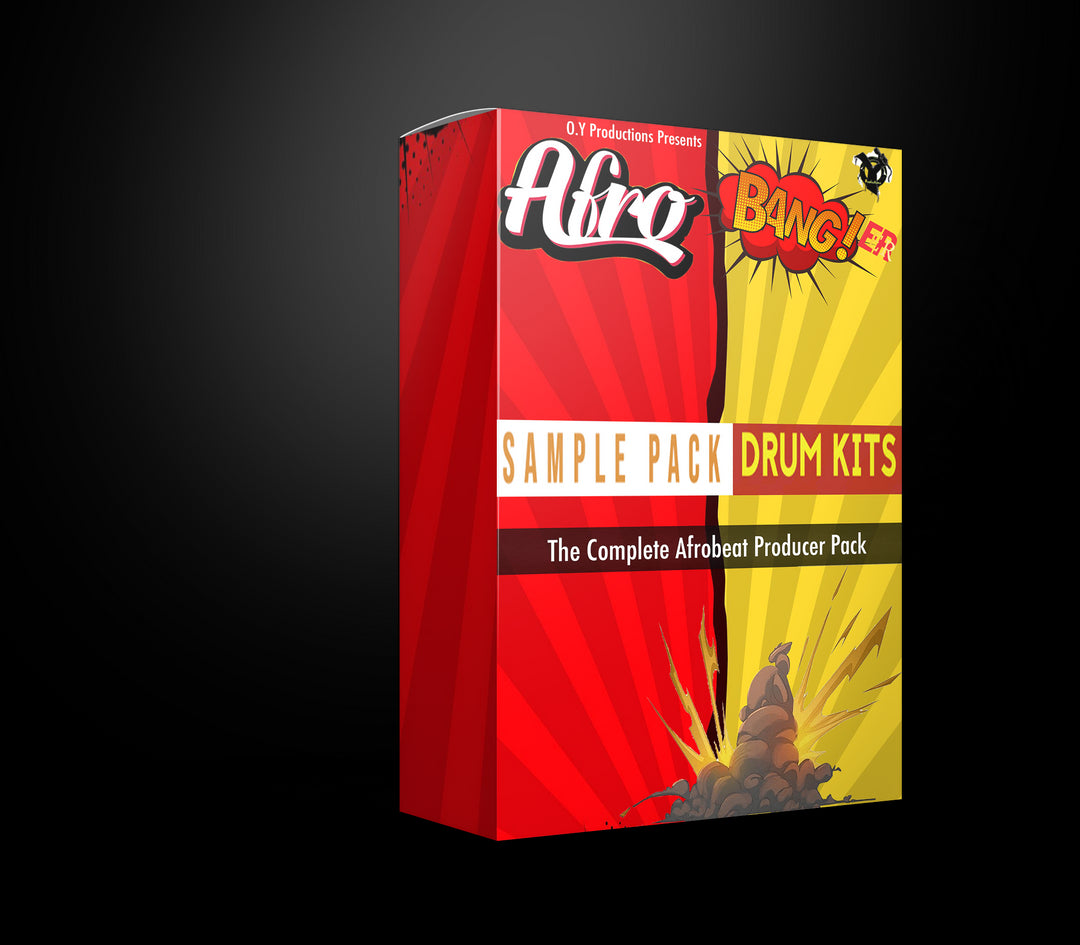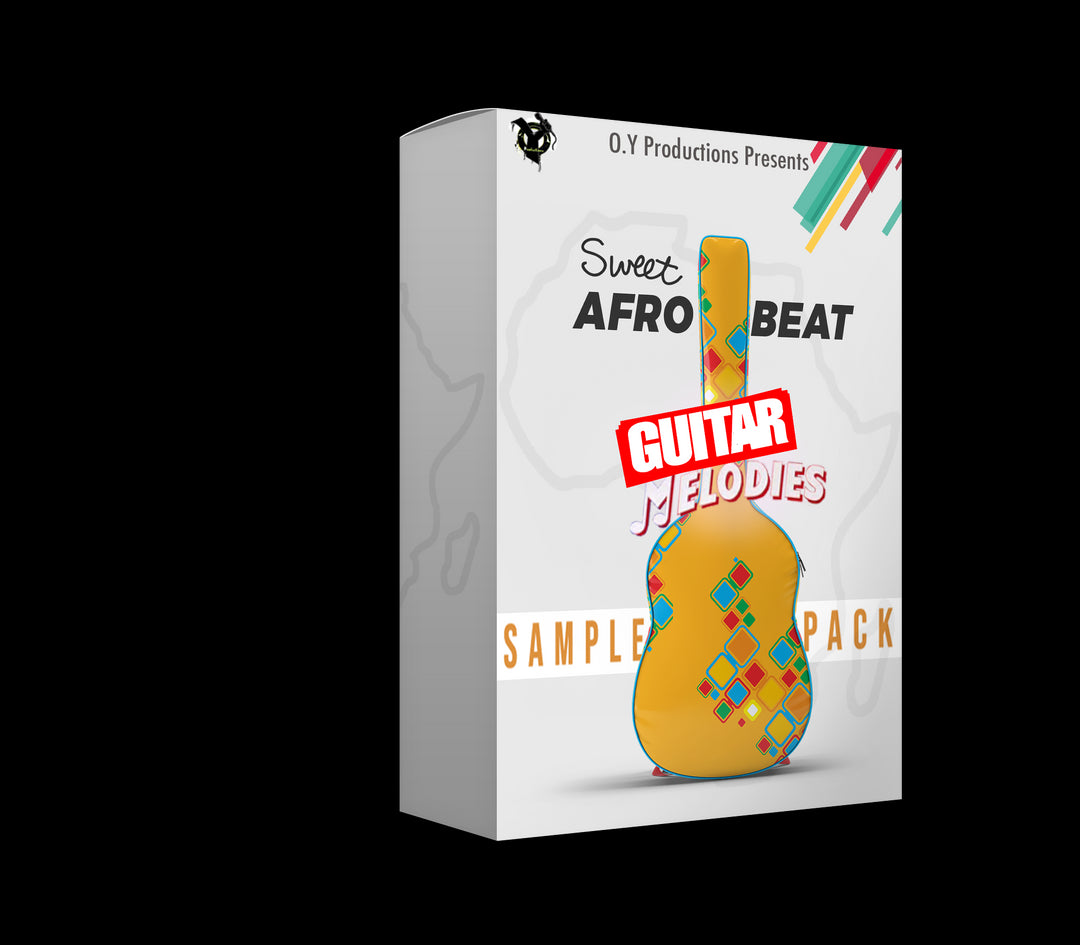7 Methods to Maximize Your Studio Time: Productivity Tips
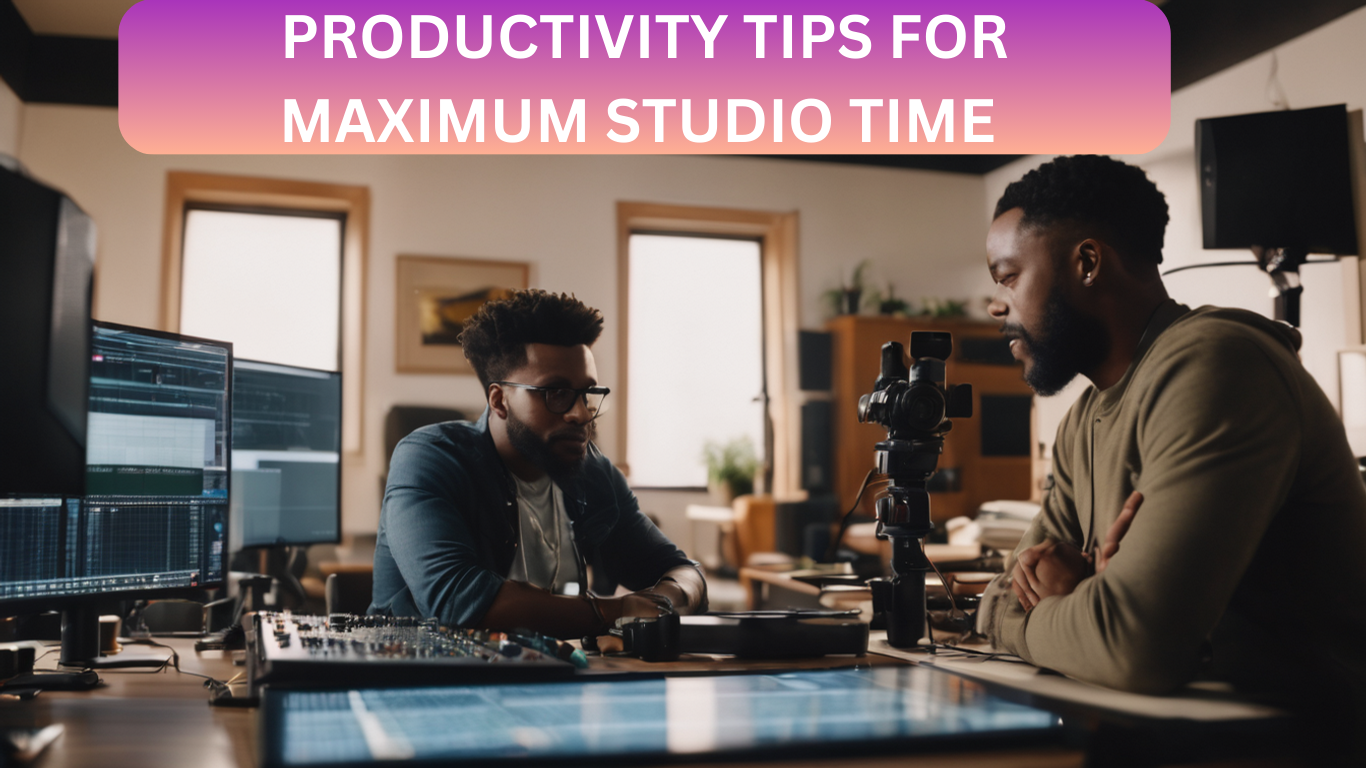
Making the most of your time in the studio is crucial, whether you're a seasoned producer or just getting started. When we manage our time well, we open up more space for creativity. It’s not just about working faster, but working smarter.
This allows you to focus on what really matters—creating great music. In this article, we'll walk you through seven simple methods to help you use your studio time more effectively. Whether they’re small changes in your routine or new strategies to try, these tips are all about helping you get the best out of every session.
1. Set Clear Goals
Define Your Objectives
Before you head into the studio, it's important to be clear about what you want to get done. Are you recording new tracks, working on a mix, or trying out different sounds? When we set clear goals, it’s easier to stay focused and avoid getting sidetracked.
This way, you can make the most of your time and actually achieve what you came for. They say preparation is key, and in the studio, it really helps you avoid any unnecessary delays. Take a moment to plan out your session—you’ll be glad you did.
Break Down Tasks into Simple Steps
Once you know what you want to achieve, the next step is to break those goals into smaller, manageable tasks. For example, if you want to finish a song, you could focus on recording vocals, mixing drums, or editing the bassline one at a time.
This way, big projects feel less overwhelming and more doable. It helps you stay on track and makes progress feel easier. By tackling one task at a time, you keep moving forward without feeling stuck or stressed.
2. Prioritize Your Tasks
Identify High-Priority Tasks
Not every task has the same level of importance. To make the most of your time, it's smart to figure out which tasks matter the most and handle those first. This way, even if you run out of time, you’ll have completed the key parts of your project. It’s like making sure the foundation of a building is solid before moving on to the details.
When you focus on what truly matters, you can ensure that the essential work gets done, leaving less important tasks for later if needed.
Use a Task Management System
Having a good task management system is key to staying on top of things. Whether they use a digital app or just a simple to-do list, it helps them stay organized.
Tools like Trello or Asana are great because they let you see what needs to be done and when. This way, nothing gets forgotten or overlooked. We all know how easy it is to lose track of tasks, but with these tools, you can keep everything in check, making sure you stay on track and get things done.
3. Prepare In Advance
Organize Your Workspace
A messy studio can really get in the way of your work. Before you begin a session, take a few minutes to tidy up. It’s simple, but it can save you a lot of time and stress.
When everything is in its place, you won’t have to waste time hunting down cables or instruments. Instead, you can stay focused on creating music. We all know how distractions can break the flow, so keeping your space organized helps you dive straight into the creative process without unnecessary interruptions.
Have All Necessary Tools and Equipment Ready
Before starting your sessions, it's important to make sure everything is ready to roll. Start by checking that your audio interface is working, your software is up-to-date, and all your instruments and microphones are set up. This way, you avoid those annoying technical glitches that can mess up our creative flow.
By taking a few moments to prepare, you help ensure that everything runs smoothly and you can focus on making great music without interruptions.
4. Minimize Distractions
Identify Common Distractions
In the studio, distractions can come from many sources, like phone notifications or background noise. To stay focused, it’s important to identify what usually pulls your attention away. They might include checking social media or frequent interruptions from others.
By recognizing these distractions, you can take steps to minimize them. For example, you might silence your phone or set clear boundaries with people around you. By addressing these interruptions, you help create a better environment for creativity and productivity.
Strategies to Stay Focused
To keep distractions at bay, try a few simple tricks. You can set your phone to Do Not Disturb mode so you won’t get interrupted by calls or messages. Noise-canceling headphones are great for blocking out background noise, letting you focus better.
Also, it helps to let people around you know that you need some quiet time while you’re in the studio. By creating a distraction-free space, they’ll see you stay in the zone and get more done with your music.
5. Use Technology to Your Advantage
Productivity Tools for Time Management
In today’s digital world, we have many tools to help us stay on track. For example, apps like Focus Booster are great for managing your time. They use methods like the Pomodoro technique, where you work in short, focused sessions, then take a quick break. This way, you can stay energized and avoid burnout.
By breaking tasks into smaller chunks, you’ll find it easier to concentrate and get more done. Whether you're working on big projects or just daily tasks, these tools help you and me make the most of our time.
Automation for Repetitive Tasks
Automation can really make a difference in the studio. When you set up templates in your DAW or use macros to handle repetitive tasks, you're freeing up time and energy.
Instead of getting stuck on the same old steps, you can focus on what really matters—your creativity. You might find that a few simple automation tools can help keep the workflow smooth and efficient. This way, you can dive deeper into making great music without being bogged down by the small stuff.
6. Take Regular Breaks
Rest for Creativity
Even though it might seem like taking breaks would slow you down, they actually help you get more done. Your brain, like any muscle, needs time to rest and recharge.
When we take a few minutes to step away from our work, it gives us a chance to clear our minds. You’ll find that when you come back, you’re more focused and might even see things in a new light. Don’t hesitate to take those short breaks, they can make a big difference in how productive you are.
Techniques for Effective Breaks
One simple technique to stay sharp is the 20-20-20 rule: every 20 minutes, take a 20-second break and look at something 20 feet away. This helps rest your eyes and refresh your focus.
You can also add short walks or stretches into your routine. It’s amazing how these small movements can keep your mind clear and your body relaxed. By doing this, you stay in great shape mentally and physically, which makes your time in the studio more productive and enjoyable.
7. Review and Reflect
Assess What Went Well and What Didn’t
At the end of each session, it’s a good idea to pause and look back at what you’ve done. Ask yourself, what did you get done today? Were there any challenges that slowed you down? When you take a moment to think about these things, you can see what’s working and what’s not.
This simple reflection helps you spot areas where they can improve and keeps you on track for even better sessions in the future. It’s all about learning and getting better each time.
Continuous Improvement Strategies
Keep learning from your experiences to get better and better. Maybe you’ve realized you’re more productive in the morning, or you’ve found a technique that really clicks for you.
When you pay attention to what works best, you can adjust your routine to make the most of it. Over time, this means you can get more done and make better music.
Conclusion
Maximizing your studio time is about being smart with how you work, not just putting in more hours. When you set clear goals, it helps you know what to focus on. Prioritizing tasks ensures you tackle the most important things first.
Preparing in advance saves you time during your session. Minimizing distractions keeps you on track, while using technology can make things easier and faster.
Taking breaks is also key, stepping away can actually boost your creativity. Lastly, reviewing your progress helps you see what’s working and what’s not. By following these tips, you’ll find that your productivity in the studio can really take off.



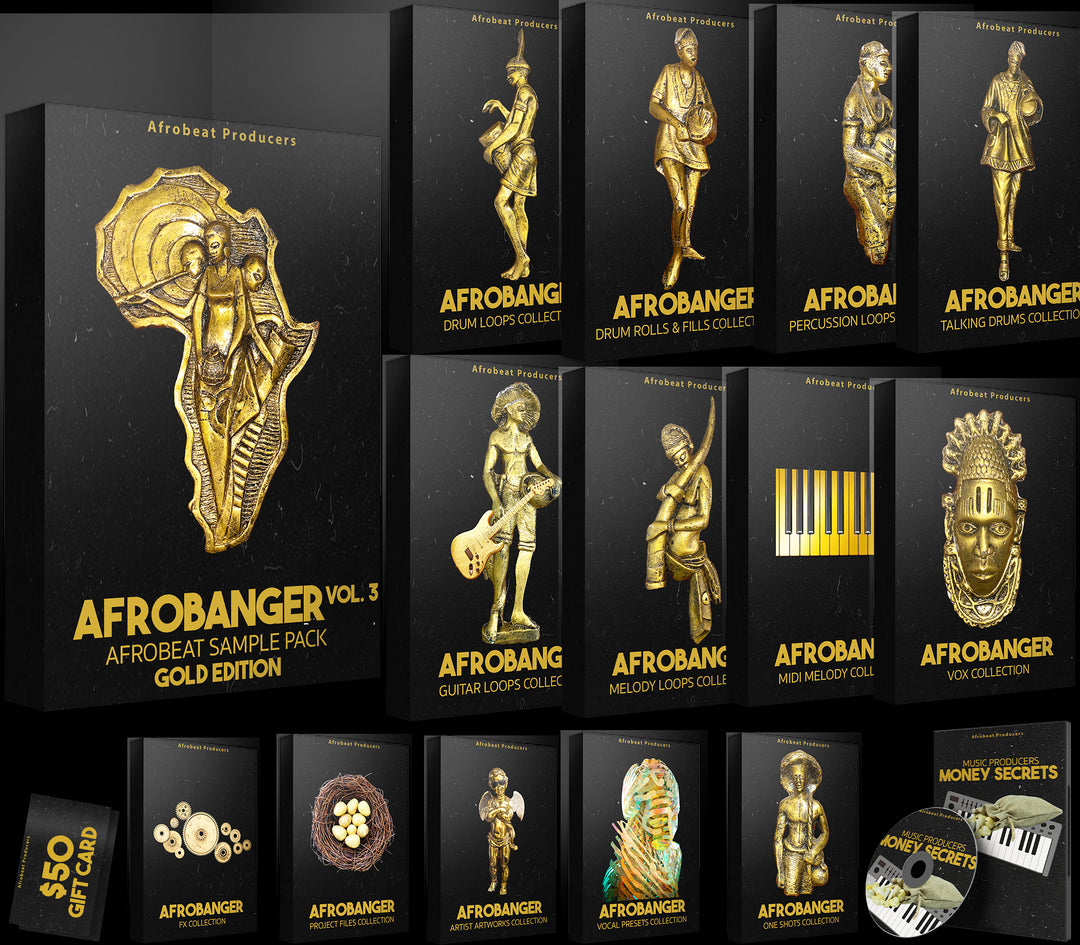


![amapiano essential sample pack download,Free Download Amapiano Log Drum Bass Pack Amapiano .WAV Samples [Works on Logic Pro ,FL Studio Abelton Live , Reason, all DAWs] Logic Pro Tutorial, free amapiano drum sample pack,Drum Loops + Construction Kit Loops Percussion Loops, Guitar Melody Loops, MIDI Melody Loops, FL Studio Fruity DX10 - Log Drum Presets Log Drums (MIDI Melody) Log Drums (Wave Audio) MIDI Snare DRum Loops + One Shots Rolls and Fills Shaker Loops Vox Chops VST Plugins Presets FX + BONUS](http://afrobeatproducers.com/cdn/shop/files/AmaPianoEssentialSamplePack.png?format=jpg&v=1701804534&width=1080)
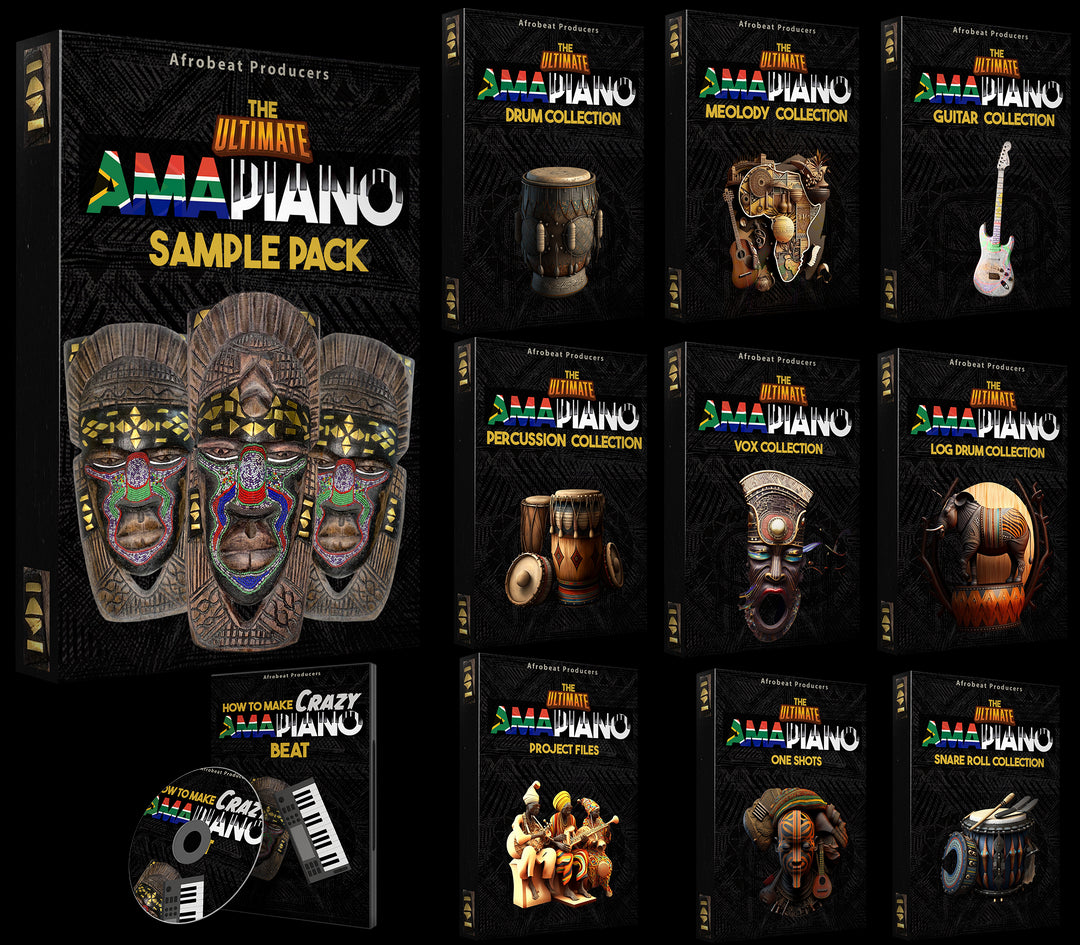
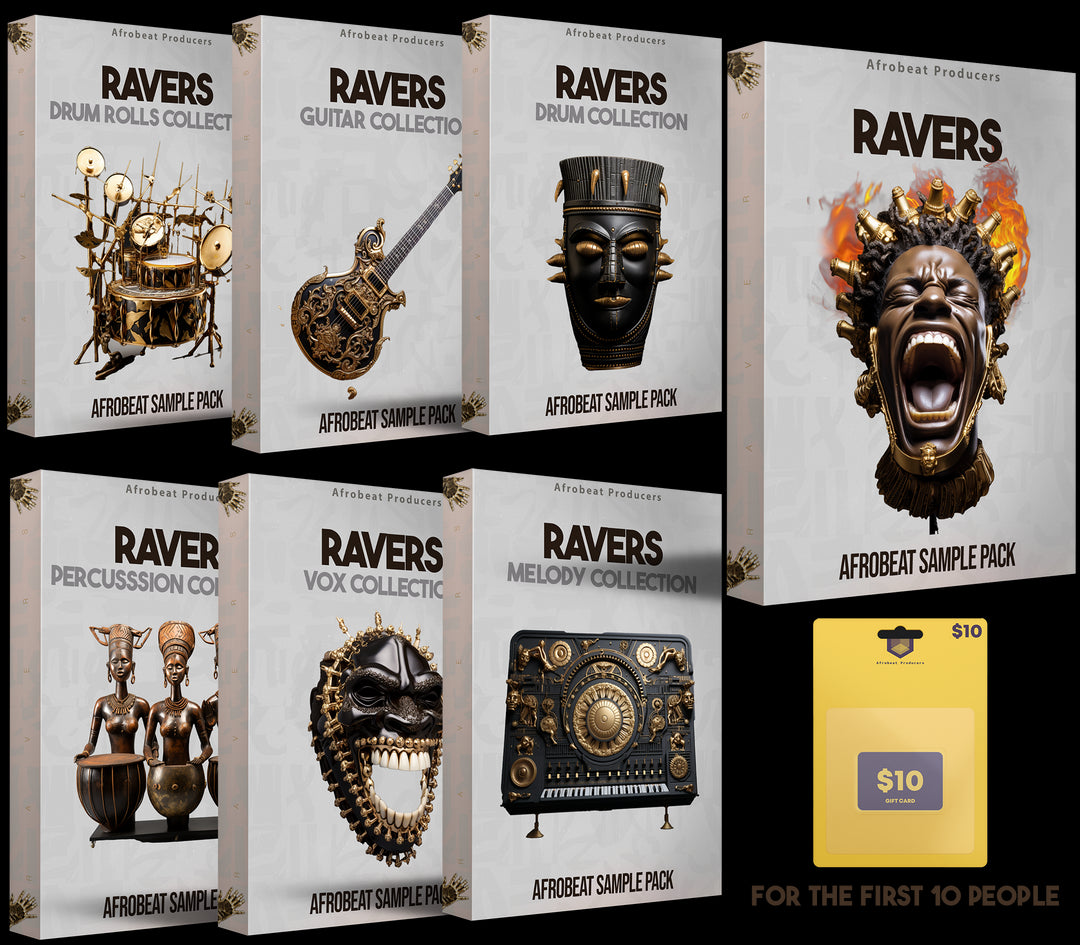
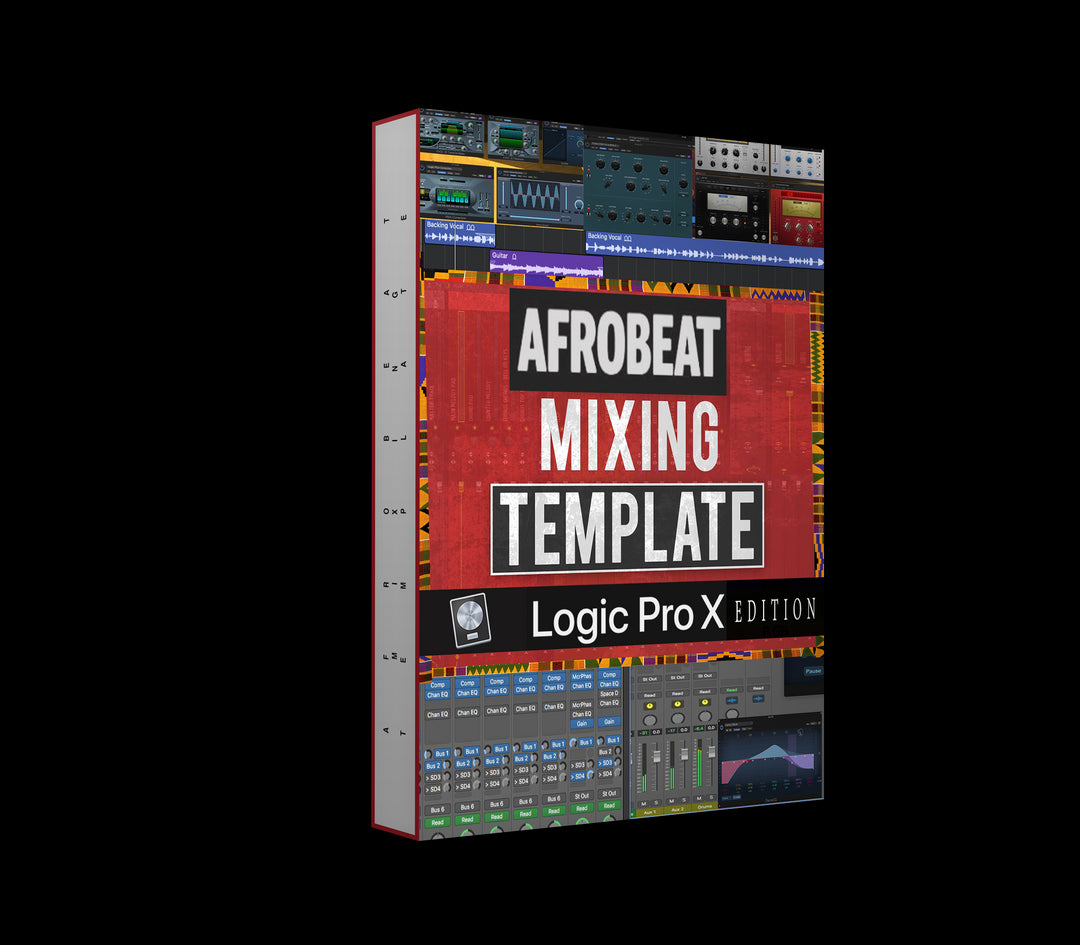
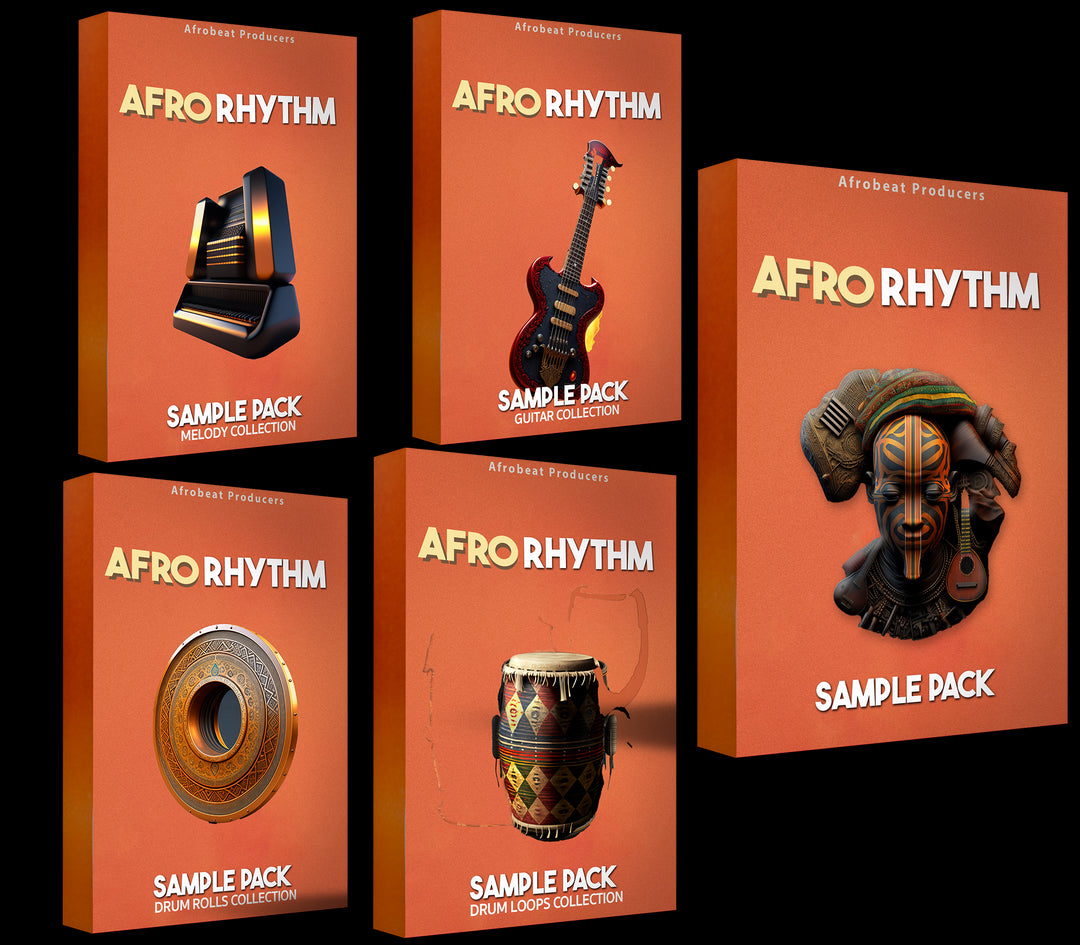
![amapiano essential sample pack download,Free Download Amapiano Log Drum Bass Pack Amapiano .WAV Samples [Works on Logic Pro ,FL Studio Abelton Live , Reason, all DAWs] Logic Pro Tutorial, free amapiano drum sample pack,Drum Loops + Construction Kit Loops Percussion Loops, Guitar Melody Loops, MIDI Melody Loops, FL Studio Fruity DX10 - Log Drum Presets Log Drums (MIDI Melody) Log Drums (Wave Audio) MIDI Snare DRum Loops + One Shots Rolls and Fills Shaker Loops Vox Chops VST Plugins Presets FX + BONUS](http://afrobeatproducers.com/cdn/shop/files/AmaPianoEssentialSamplePackVol.2.png?format=jpg&v=1701804430&width=1080)
